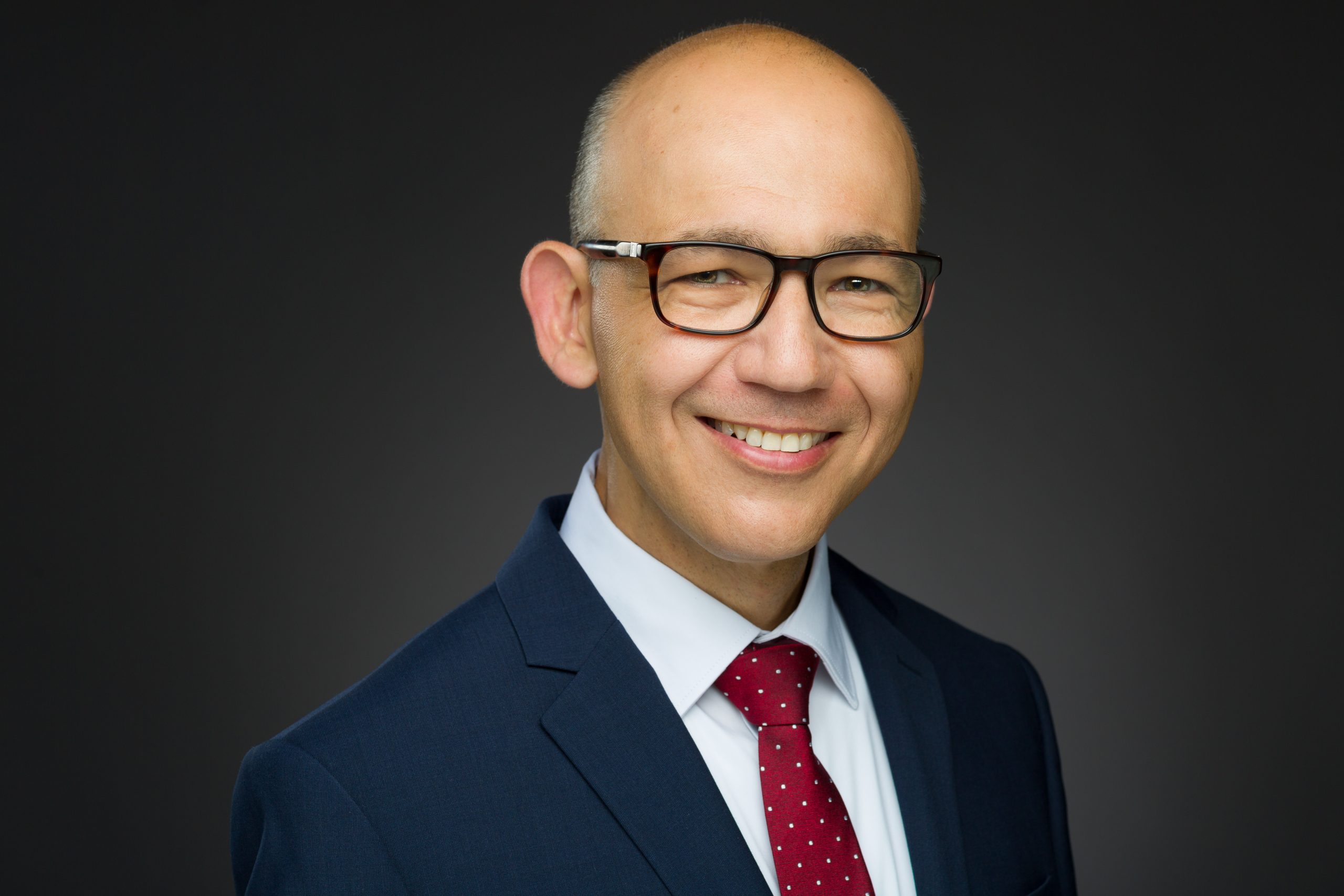When I first got out of residency. I trained in hardcore academic medicine. The group I joined was contacted by a small nonprofit hospice organization looking for a medical director. They were actually looking for one of the more senior members of my group, but the members passed it along to the new guy, me. You could say I was somewhat volunteered for it.
Hospice was different in those days. I was there a few hours a week, one afternoon maybe, doing mostly administrative tasks and seeing patients in the unit. But that unassuming role, turned out to give me one of the truly life-altering encounters of my medical career.
I stopped in to see a patient, and say hi. As I was about to leave, I paused and asked her, “is there anything you need? Anything that we can get you? And she jokingly said, “Yeah, a good stiff drink.” And we both laughed. And I thought about it as I left and it struck me that that was probably honestly what she really wanted. Sure she said it in a funny way, but there was almost some longing there in her voice.
So the next time, I came by and, against what anyone in the medical community will tell you is a good idea, I brought a bottle of gin and vermouth, a fancy cocktail shaker, and two beautiful martini glasses.
And I poured us two martinis and we sat sipping the cocktails. It turned out to be the most enlightening patient experience I may have had to date.
It truly brought lights back into this lady’s eyes in the remaining two weeks that I had the pleasure of taking care of her. She was bragging to everyone in the facility, “The doctor brought me a drink, you know, a drink.”
That experience really solidified to me that we can truly take care of the patient in the hospitals, but doing that one thing was infinitely more important to her than anything my academic medical training could have taught me. My knowledge of physiology and pharmacology or whatever, none of that came into play. This was more being a doctor, than any of that. It opened my eyes to what the practice could mean, and now, 20 years later, here I am as the Chief Medical Officer of a Hospice and Palliative Care Organization.
My leadership philosophy is based around my core values, which are equity, continuous learning, and taking the lighter side with my approach to life, adding humor in where appropriate. I like to help healthcare organizations and the people in them.
Tailoring my approach to the individual situation that’s in front of me, recognizing the differences in dynamics and trying to understand when a situation requires mentorship, getting close to others versus times where a little bit more direction is beneficial.
I’ve had the opportunity to work with mentors through my career and really benefited from some fantastic mentorship coaches that I sought out for additional advice. And one overarching theme that really comes through in all of the advice I received was that leadership is not about you, it’s about others. People that make the transition into leadership and early on recognize that it’s about the organization over themselves have a much better time adjusting to their new responsibilities. That doesn’t mean you forget your own needs or let the role consume your life, but it does mean not going into it with an adversarial attitude of what you’re going to get done. It gives you the space where you can have better influence and contribute real solutions to your organization.
A lot of first-time physician leaders get tripped up on the transition. Because it’s not about your expertise anymore in cardiology or pulmonology, etc. This isn’t about your expertise as a physician anymore. This is really about something different. It’s about the overall organizational performance and some tough choices that go along with that. Ego is not your amigo, my friend.
Being open to that shift is important. It allows you to begin learning and then it hits you, “Wow! This really is about others, it’s not about me.” It’s eye-opening and can be really transformative to the individual. Transitioning into a leadership role, you’ll find that although there may be less medical science, there’s still technical parts to leadership. Operations finance for instance. But then there’s this whole other side that’s not technical at all, it’s the people side. That side really requires self-awareness and self-management. It’s about how well we connect and communicate with others. Serving others, mobilizing others, understanding others — there’s as much time spent outwardly interacting with others as there is internal work and thinking.
Personal development today is really embedded in professional development.
Is an MBA the way to go?
A lot of people looking to transition into leadership roles will ask me if they should get their MBA. It has this hidden implication in a way that this could be a way out of clinical practice and into an easier leadership role. My response is usually that if you really like business and get excited by the science of finance and economics, then an MBA may be fantastic for you. But it’s also going to take several years, it’s going to cost you a lot of money and it’s arguably not going to make you any more likely to get one of those leadership spots than if you didn’t have it. You don’t want to invest your time, money, and effort just to gain some extra letters to add to the end of your name.






Leave A Reply